The judges – who have five Stirling Prizes between them – will visit all the shortlisted projects
Norman Foster is to chair this year’s Stirling Prize jury.
The triple Stirling-winner will lead a panel that will also feature the artist Phyllida Barlow, new RIBA president Simon Allford and Annalie Riches, co-founder of Mikhail Riches whose Goldsmith Street social housing in Norwich won the last prize, in 2019.
Allford is also a Stirling laureate for Burntwood School in Tooting which was designed by his practice AHMM.
The jury will be advised by architect and sustainability expert Mina Hasman, an associate director at SOM.
They will visit all the shortlisted projects and together select a winner which will be announced on October 14 at a ceremony at Basil Spence’s Coventry Cathedral, as part of the UK City of Culture celebrations.
This year’s shortlist includes Marks Barfield’s Cambridge Mosque, Amin Taha’s 15 Clerkenwell Close and the Tintagel Bridge by Ney & Partners and William Matthews Associates.
It is completed by Stanton Williams’ Cambridge key worker housing, Grafton’s Kingston University’s Town House and the Windermere Jetty Museum in Cumbria by Carmody Groarke.
>> Also read: Revealed: Stirling Prize shortlist announced
>> Ben Flatman’s appraisal of the shortlist and the frontrunners to win
>> From the archive: Paul Monaghan on Stirling win: ‘The stars aligned’
Allford said: “Lord Foster’s reputation as an architecture pioneer is demonstrated by an extraordinary array of exceptional projects – uniquely including three Stirling Prizes – so we are delighted that he will chair this year’s RIBA Stirling Prize jury.
“Our 2021 shortlist illustrates the ideas, innovation and ambition that underpin great architecture, and there is no doubt that with Lord Foster’s steer, there will be engaging debate and deliberation as we decide the winner.”
Foster & Partners won its third Stirling Prize the year before Goldsmith Street, for the £1bn Bloomberg HQ in the City of London, when the jury was chaired by David Adjaye. The practice first won in 1998 for the Imperial War Museum in Duxford, Cambridgeshire, followed by the Gherkin in 2004.





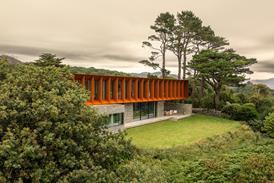



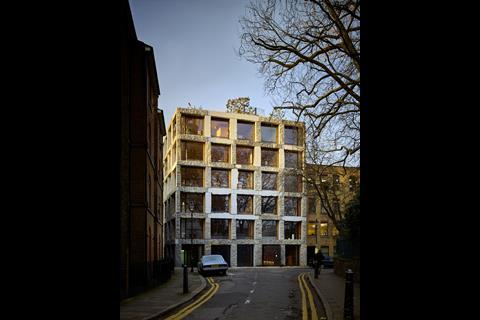
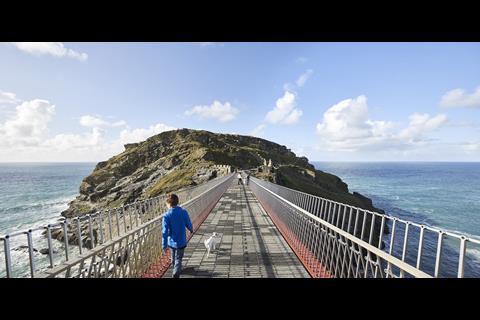
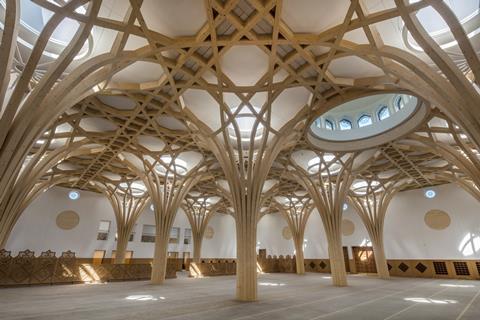
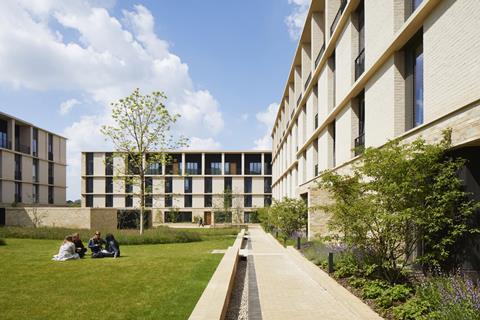
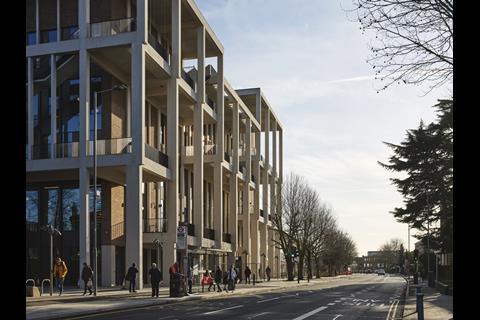
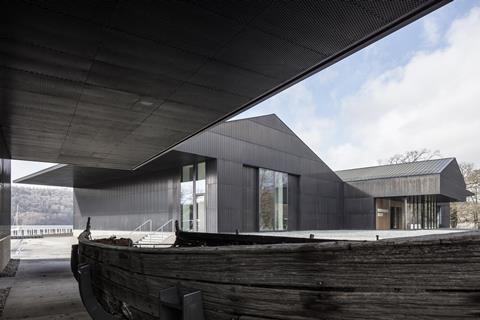







No comments yet